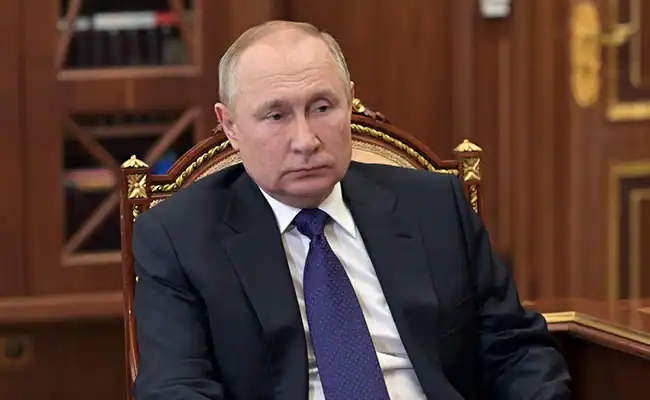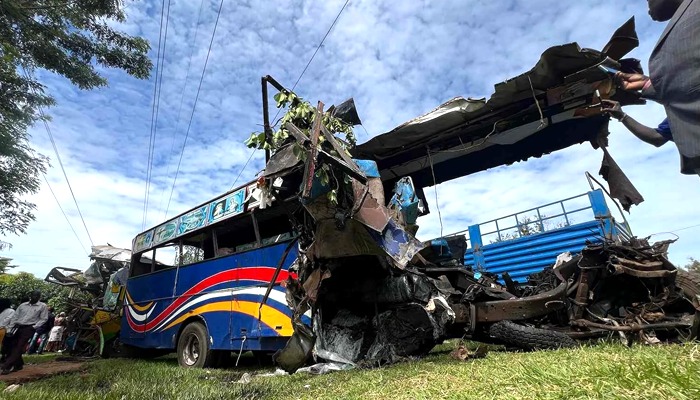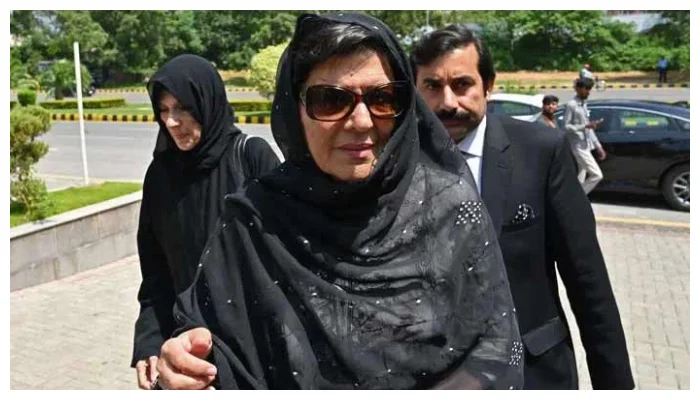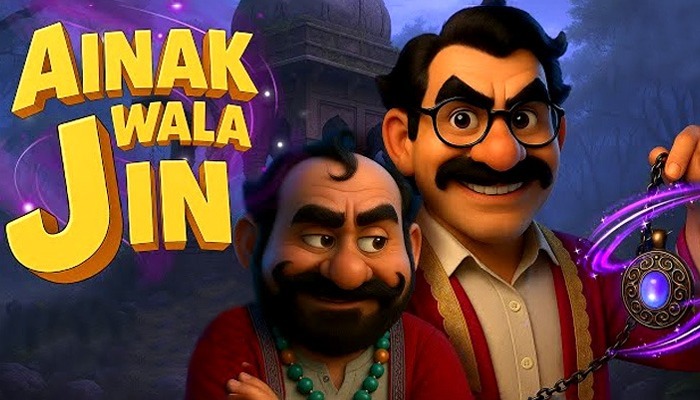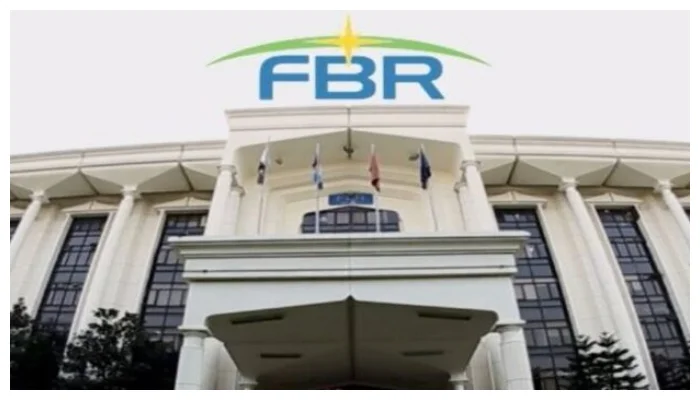In early March, the United Nations (UN) overwhelmingly voted to condemn Russia’s offensive, with 141 countries voting in favour and only 35 abstaining. Several people have called for Russian President Vladimir Putin to be charged with war crimes, and several economic sanctions have been imposed to deter the ongoing conflict.
This widespread condemnation comes as Russia launched a “special military operation” in Ukraine on February 24, resulting in over 1,000 deaths reported by the UN and the destruction of cities across the country.
Ten million people have left their homes in what has been described as the “largest mass migration since World War II.”
Russia’s attack unquestionably violates the United Nations Charter of international law, which forbids UN member states from using force against the territorial integrity or political independence of any state.
This should elicit condemnation from world leaders, but every country has allies, and Russia is no exception, despite widespread condemnation of its wrongdoing.
Which countries are remaining quiet?
A few countries, including the BRICS, have failed to issue public condemnation statements.
Brazil, India, China, and South Africa, along with Russia, formed BRICS, an acronym coined in 2009 to associate the five emerging economies as a form of alliance against the West.
These five countries are known as key power brokers because they account for nearly a quarter of global GDP and more than 40% of the world’s population.
How has BRICS responded to the crisis?
Although Brazil voted in favour of the resolution, expressing concern about the humanitarian crisis caused by the invasion, it opposed the sections labelled “Russian aggression” and criticised Western sanctions.
Ronaldo Costa Filho, Brazil’s UN ambassador, stated: “The resolution cannot be interpreted as allowing for the indiscriminate application of sanctions.
“These initiatives do not result in the reconstruction of diplomatic dialogue and have far-reaching consequences.”
Brazilian President Jair Bolsonaro, who met with Russian President Vladimir Putin just days before the invasion, vowed to remain neutral in the conflict, citing Russian fertilisers as critical to the country’s agriculture.
India expressed optimism for a resolution and urged Russia to follow international law, but did not condemn Russia in the UN vote.
China has followed suit, but has gone a step further by blaming NATO for the war, claiming that its “eastward expansion” is to blame for the escalating tensions.
A senior EU official also provided “very reliable evidence” that China is considering selling arms to Russia.
However, during a conference in Pakistan, Chinese Foreign Minister Wang Yi created some ambiguity about China’s recent stance on the conflict.
“The Ukraine crisis teaches the world that… basing one’s security on the insecurity of another country will result in the eruption of contradiction,” he said. Today, in the twenty-first century, having military groups or bloc confrontation is unpopular and has no future.”
South Africa’s vote abstention surprised observers, despite the country’s frequent claims of support for human rights.
South Africa criticised Russia’s language and dropped its call for Russian withdrawal, instead requesting “dialogue” and “a spirit of compromise.”
Why is BRICS supporting Russia?
Since its inception in 2009, the BRICS countries have competed for influence, recognition, and power in Western-dominated markets and institutions.
One of the group’s primary goals is to reposition the nations’ economies so that they can collectively dominate global growth by 2050.

